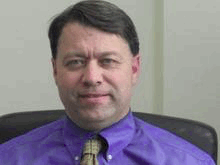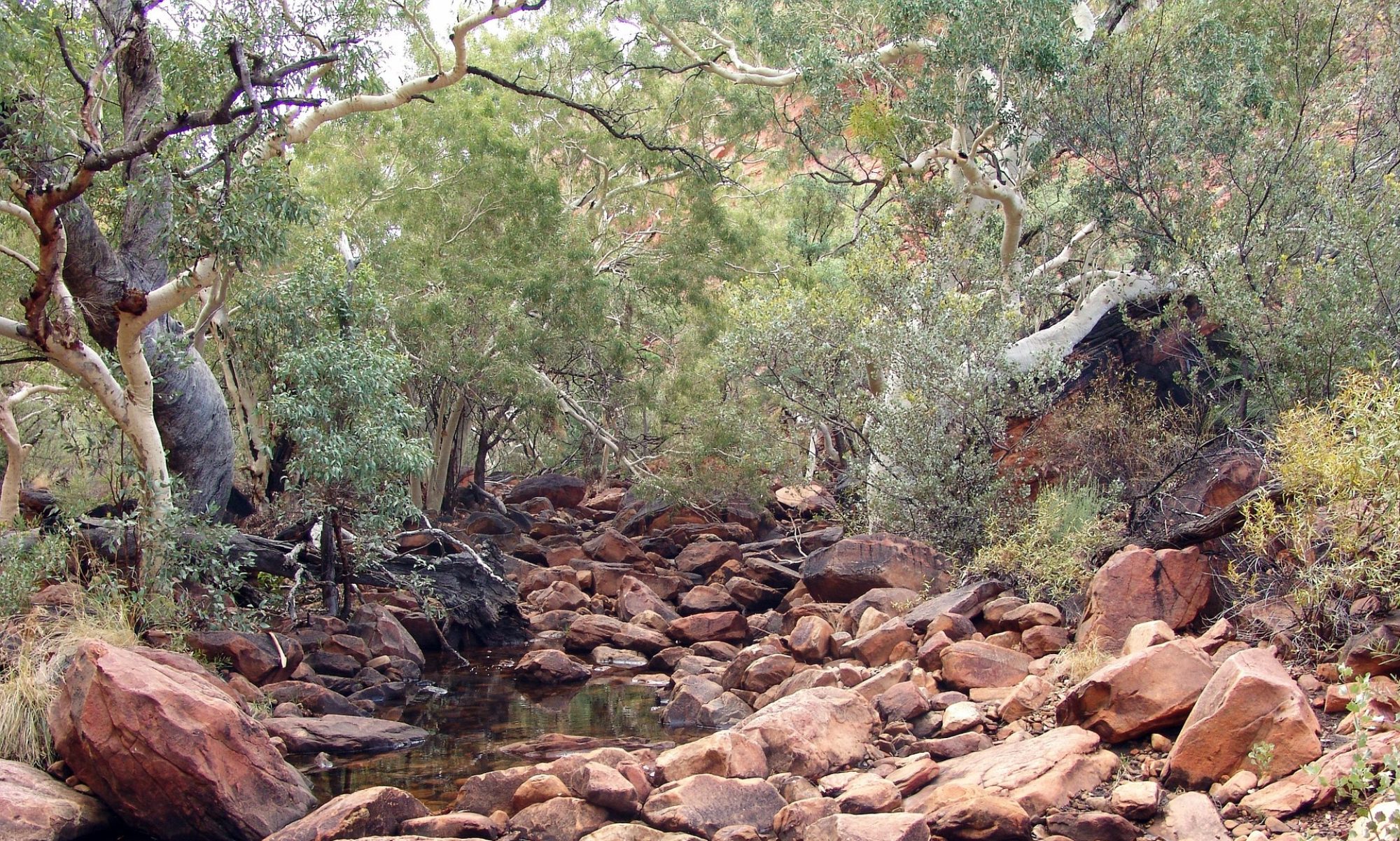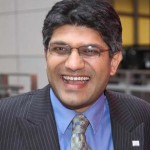By James Cox, Registered Representative and Financial Advisor at Park Avenue Securities
 One of the oft repeated risks from climate change is the threat that comes from rising sea levels. Depending on the forecast, even in the most optimistic ones, seas are projected to rise several feet before the end of the century. With the accelerating build-up of CO2 and the rate of temperature increase (2015 being the hottest year on record), many expect dramatic sea level rise to occur much sooner than most expect. (https://www.co2.earth/ )
One of the oft repeated risks from climate change is the threat that comes from rising sea levels. Depending on the forecast, even in the most optimistic ones, seas are projected to rise several feet before the end of the century. With the accelerating build-up of CO2 and the rate of temperature increase (2015 being the hottest year on record), many expect dramatic sea level rise to occur much sooner than most expect. (https://www.co2.earth/ )
While people might want to buy shore property for benefits that include potential rental income, capital appreciation and personal use, they also face potential risks of hurricanes, sea level rise, etc. Some of these risks can be mitigated by purchasing flood insurance.
Last summer I explored the question, “if sea levels rise, what will be the impact on a clients’ net worth and portfolio?”
Continue reading “Climate Change, Sea Level Rise and Retirement Risk”


 Asking for money is one of the more challenging things that every charity has to do. The first question we need to answer, however, is “Why are we asking?” If we don’t have a clear and compelling answer, we’re handicapping ourselves from the start.
Asking for money is one of the more challenging things that every charity has to do. The first question we need to answer, however, is “Why are we asking?” If we don’t have a clear and compelling answer, we’re handicapping ourselves from the start.



